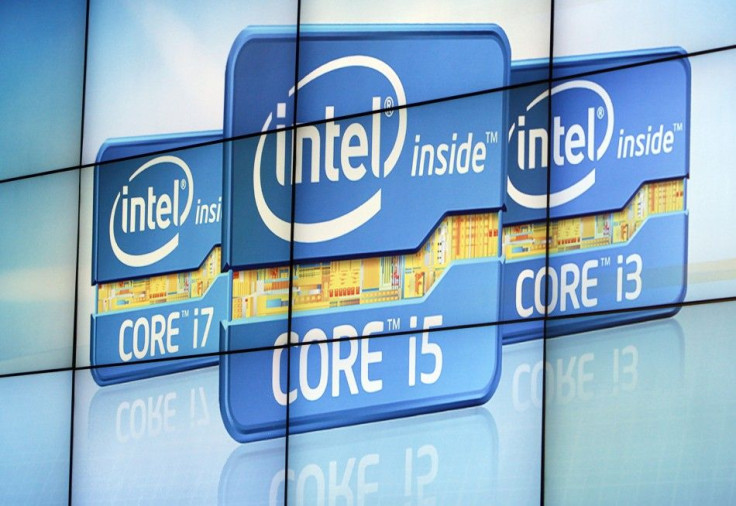Intel Could Buy Micron Technology: Analyst

Consolidation is becoming a continuing theme within the tech sector as companies deploy cash, acquire IP and patents, create a critical engineering mass, and move to selling software/hardware platforms, such as Apple, Inc. (NASDAQ:AAPL) has done.
Google (NASDAQ:GOOG) has always stressed the importance of acquiring patents to protect its ongoing business. Now comes its deal to buy Motorola Mobility (NYSE:MMI) for $12.5 billion, or $40 a share, in cash to defend its Android ecosystem.
This deal is significant for the mobile technology industry as well as for the semiconductor companies, as it will boost the demand for mobile DRAM and NAND Flash.
The continuing growth of Android ecosystem will drive strong sales of NAND flash and mobile DRAM in an elastic market of tablets and smartphones. This in turn would benefit companies like Micron Technology, Inc. (NASDAQ:MU) and Sandisk (NASDAQ:SNDK).
Meanwhile, a Wall Street analyst has predicted that Intel (NASDAQ:INTC) may acquire Micron Technology as the move would diversify its product offerings.
"We would not be surprised to see INTC make a significant move and acquire MU in order to bring DRAM and NAND technology in-house and sell platform solutions," ThinkEquity analyst Krishna Shankar wrote in a note to clients.
Shankar said from Micron's viewpoint, it gives the company the ability to be part of a platform company and extract higher margins from the memory business by selling platform solutions.
From Intel's viewpoint, the acquisition would give chip maker added bill-of-materials in smartphones and tablets, which may offset the lower price of mobile applications processors versus PC processors.
"Intel could also design platform processor/memory solutions with lower power, higher performance, smaller form factor, etc," Shankar wrote.
Micron Technology, which is one of the largest memory chip makers in the world, makes DRAM chips, flash memory chips, and memory modules.
The company, which generated $8.5 billion revenues in fiscal 2010, sells to customers in networking, consumer electronics, and telecommunications, but the bulk of its sales are in the computer market.
As of Aug.15, Micron Technology has a market capital of $6.51 billion and its enterprise value comes around $5.7 billion. Its shares were trading with a 3-month average volume of 39.44 million. Its price-to-earnings ratio stands at 10.25.
The company, which has total cash in excess of $2 billion, offers a return on equity for the trailing 12-month period of 7.01 percent and its book value stands at 8.55 per share.
On the other hand, Intel has a total cash of over $11 billion and debt in excess of $2 billion.
Shares of Micron Technology closed Monday's regular trading at $6.48 on Nasdaq, while Intel shares ended Monday's trading at $20.89.
© Copyright IBTimes 2024. All rights reserved.











